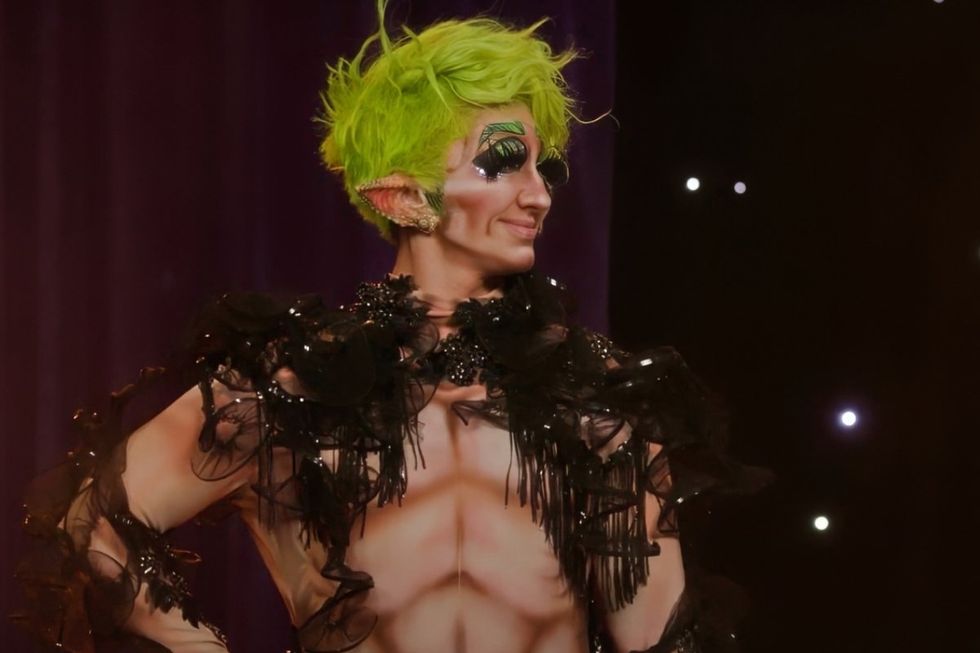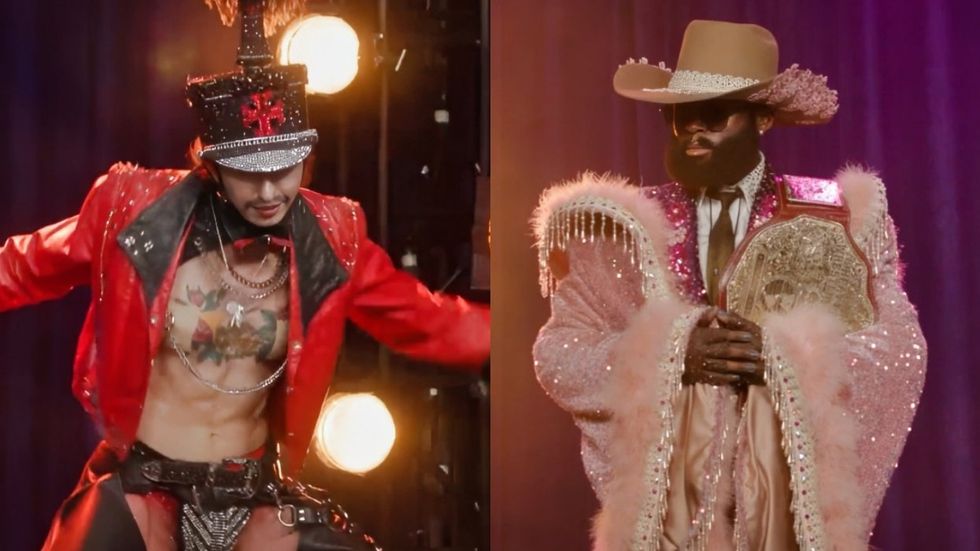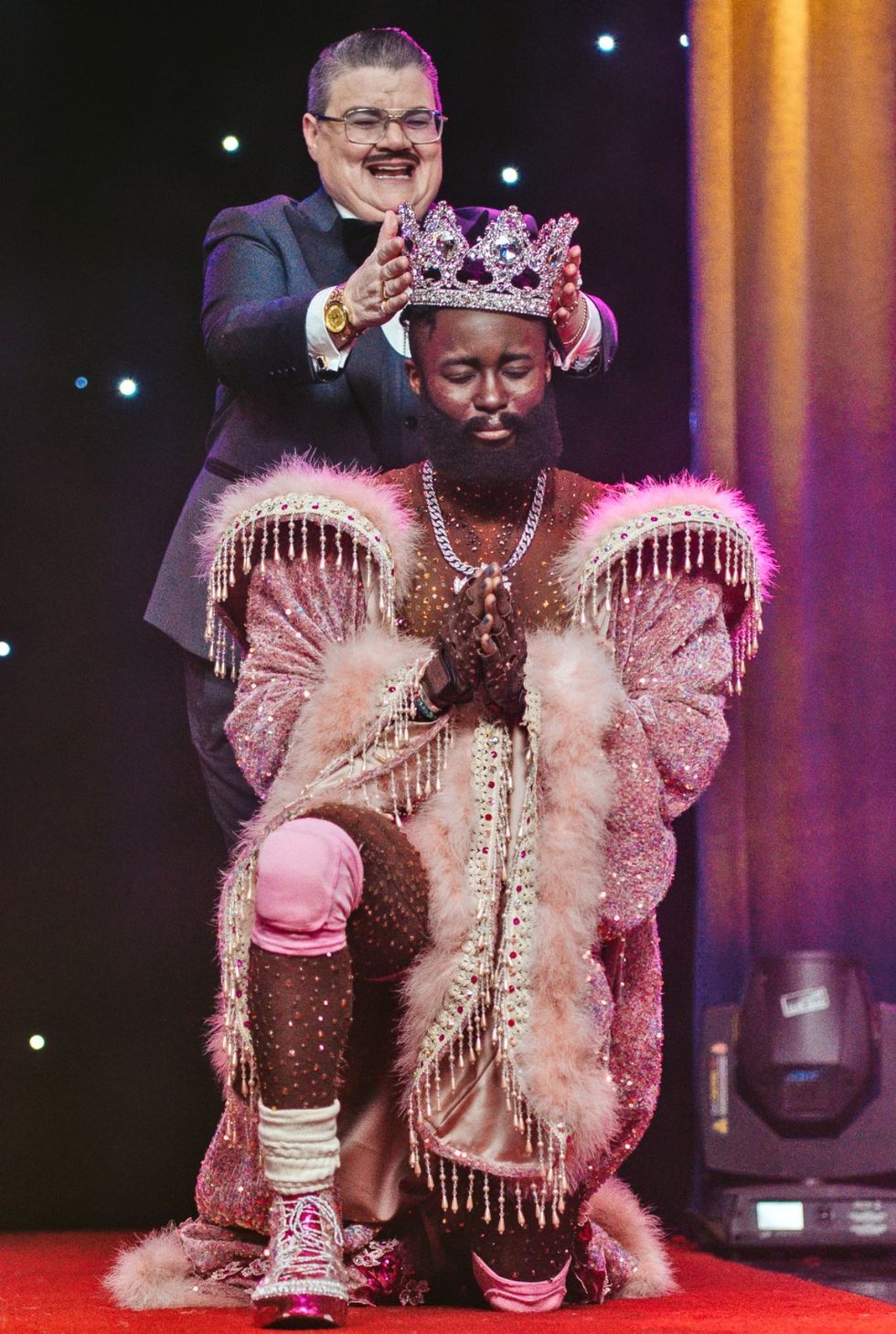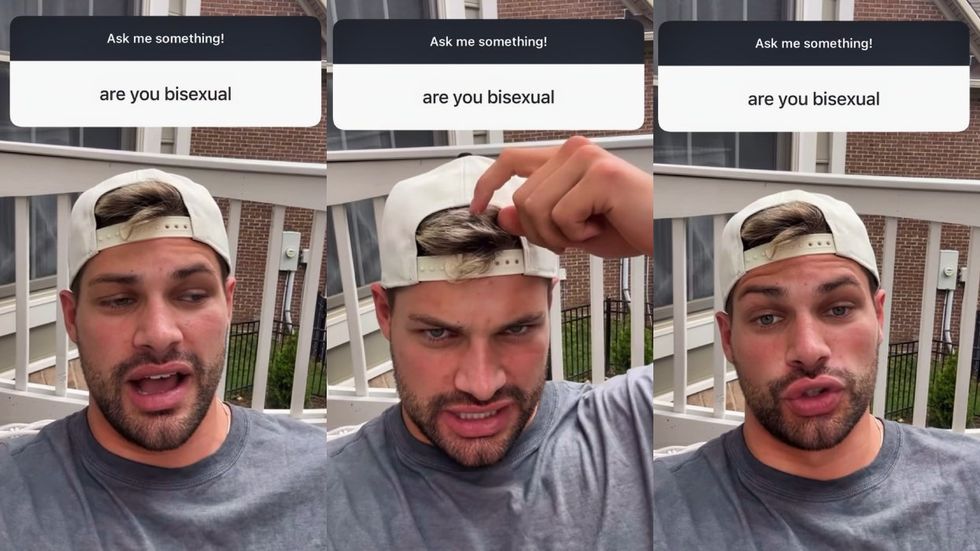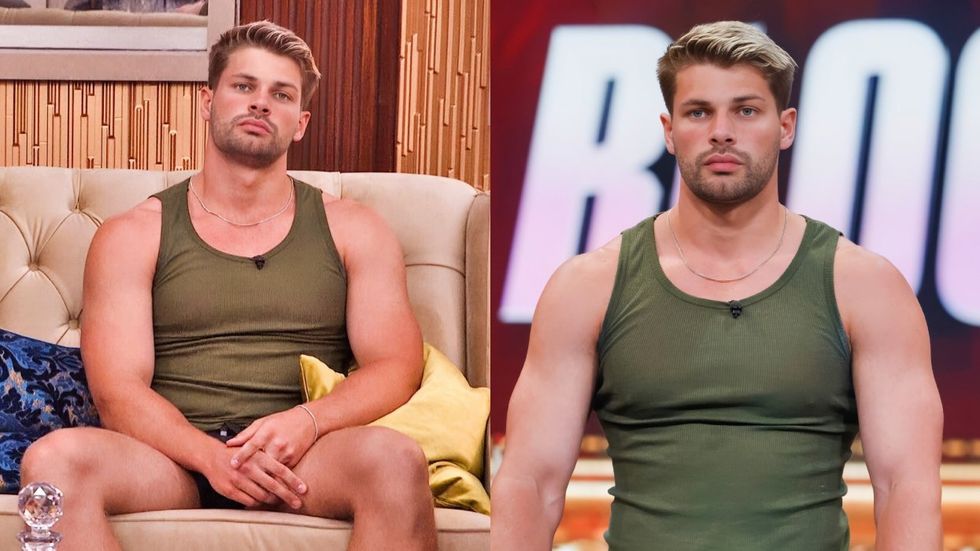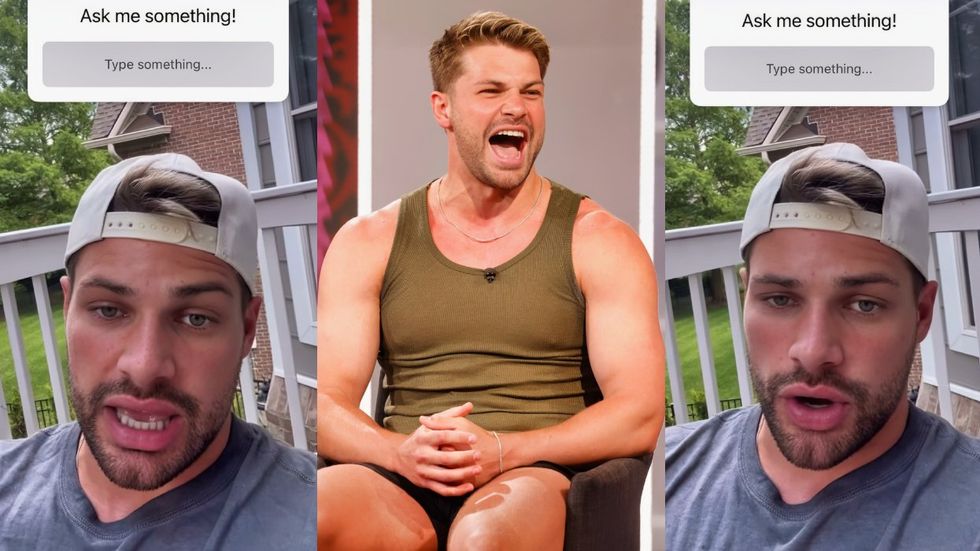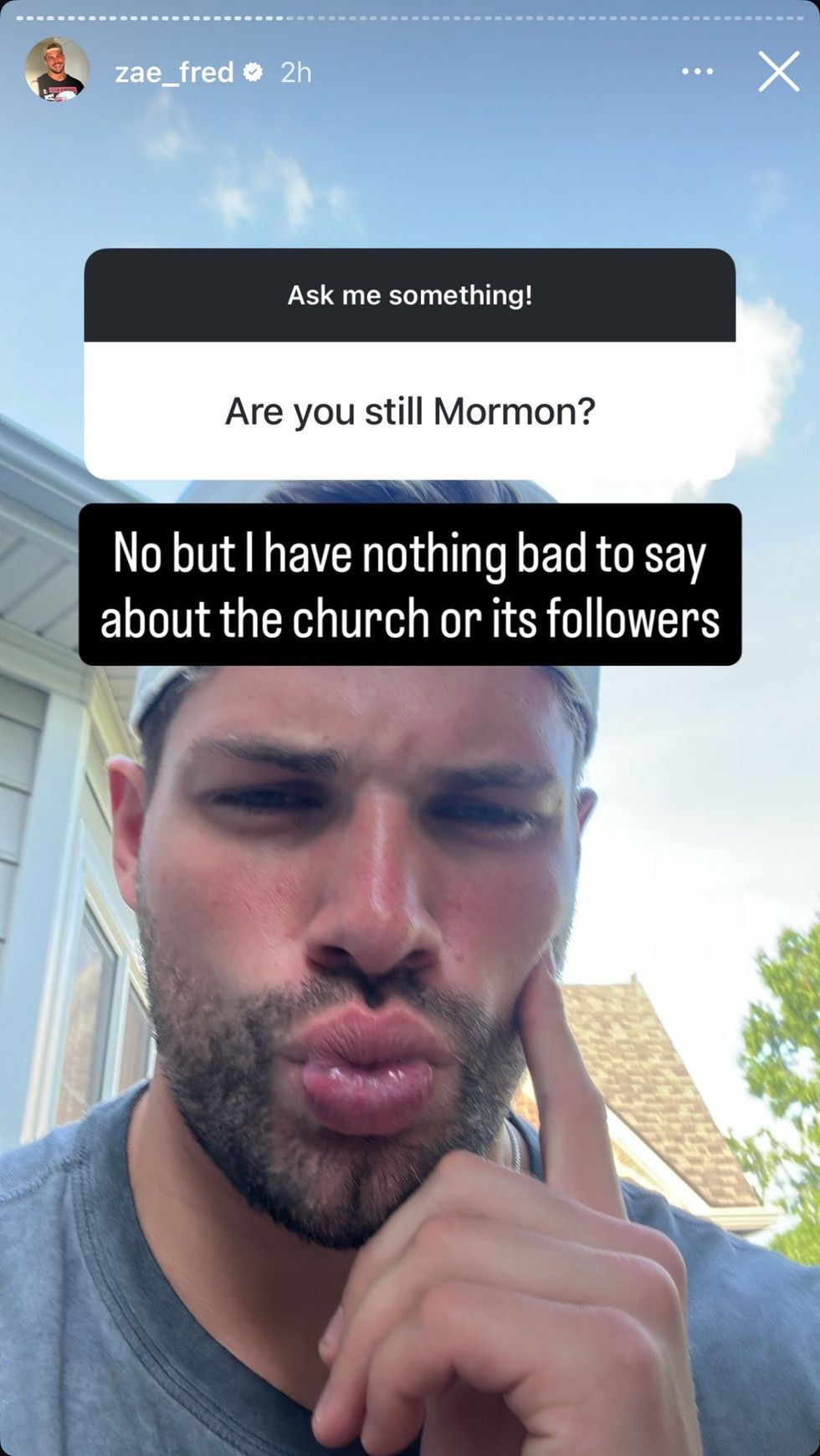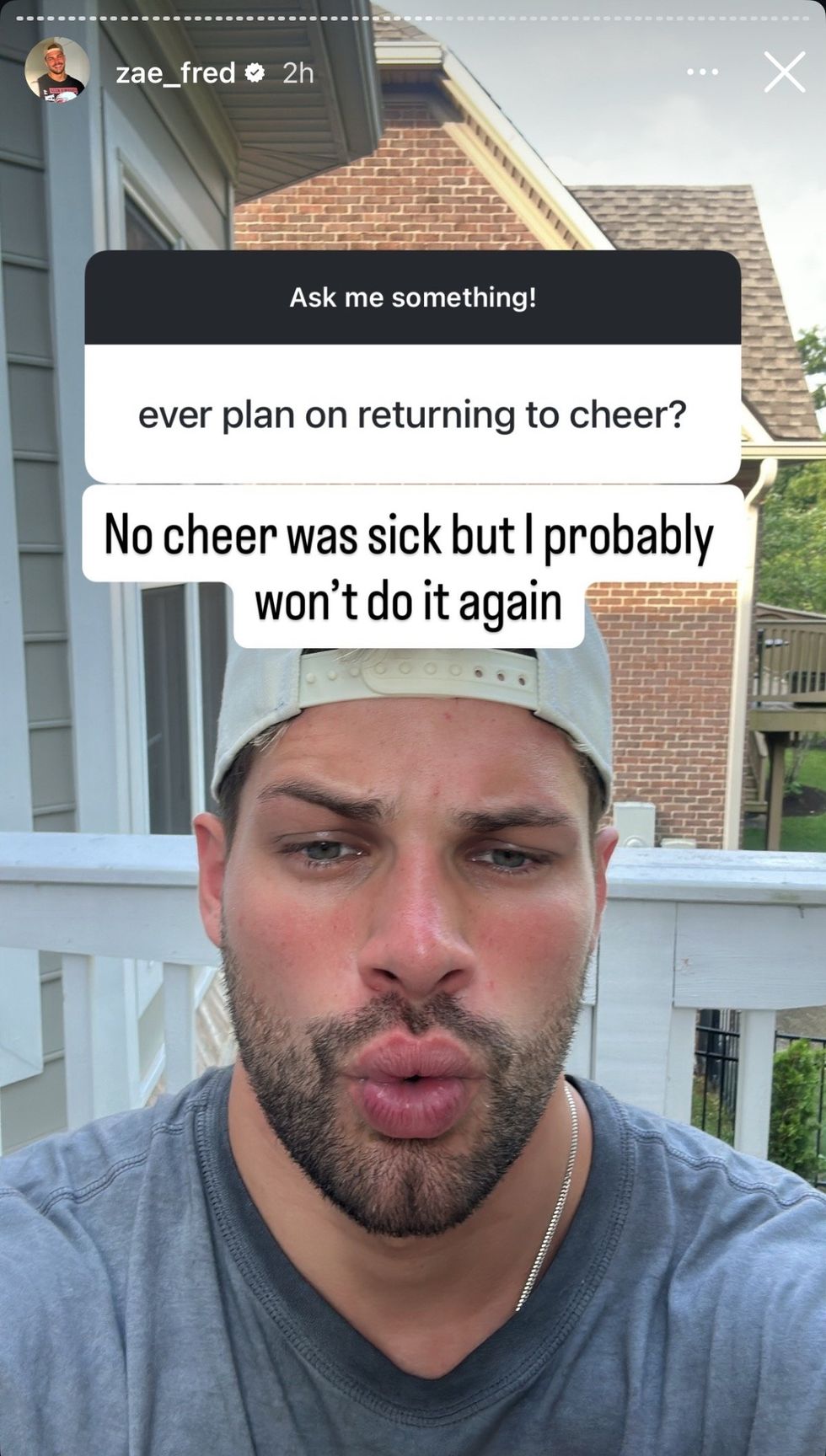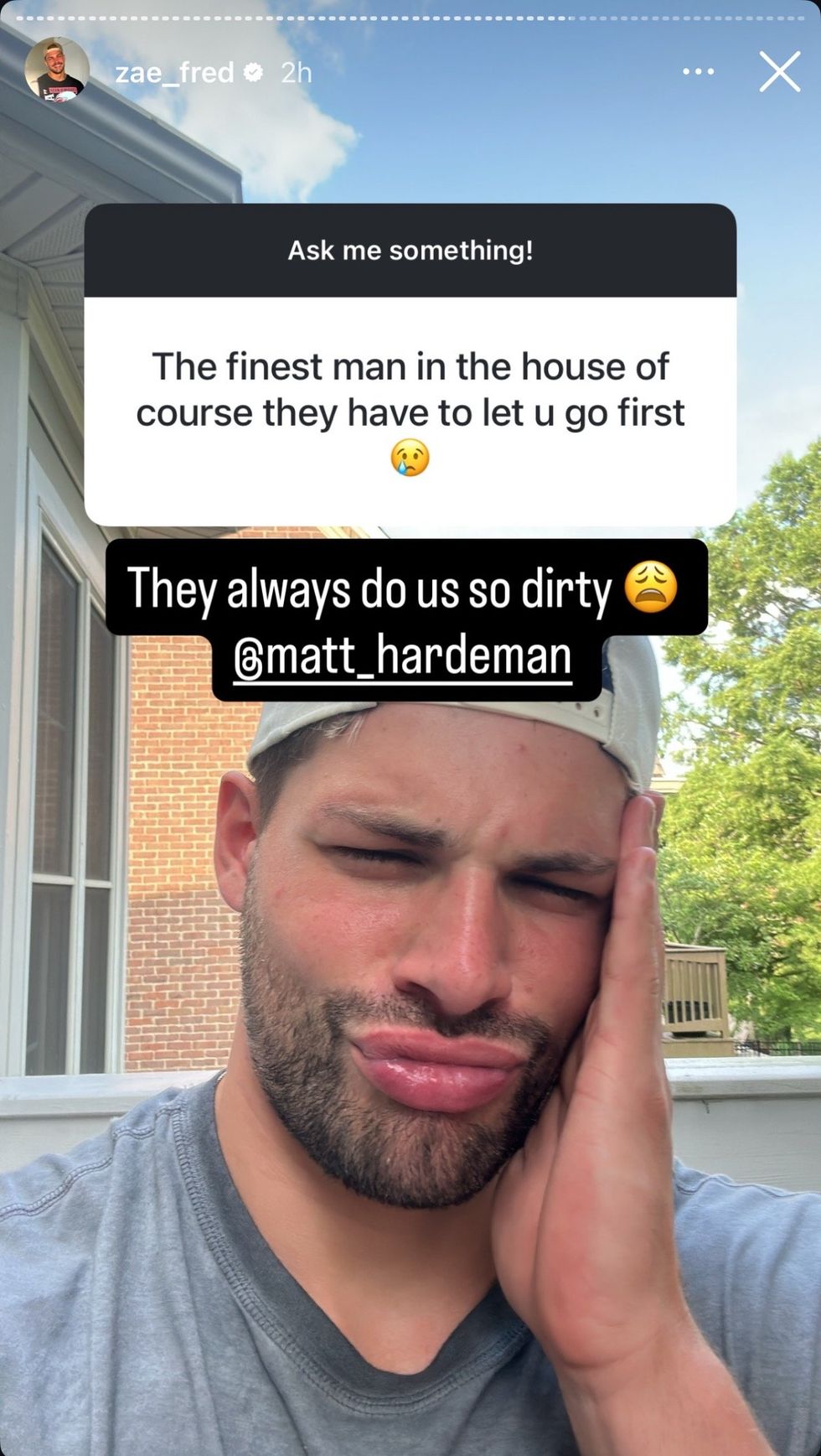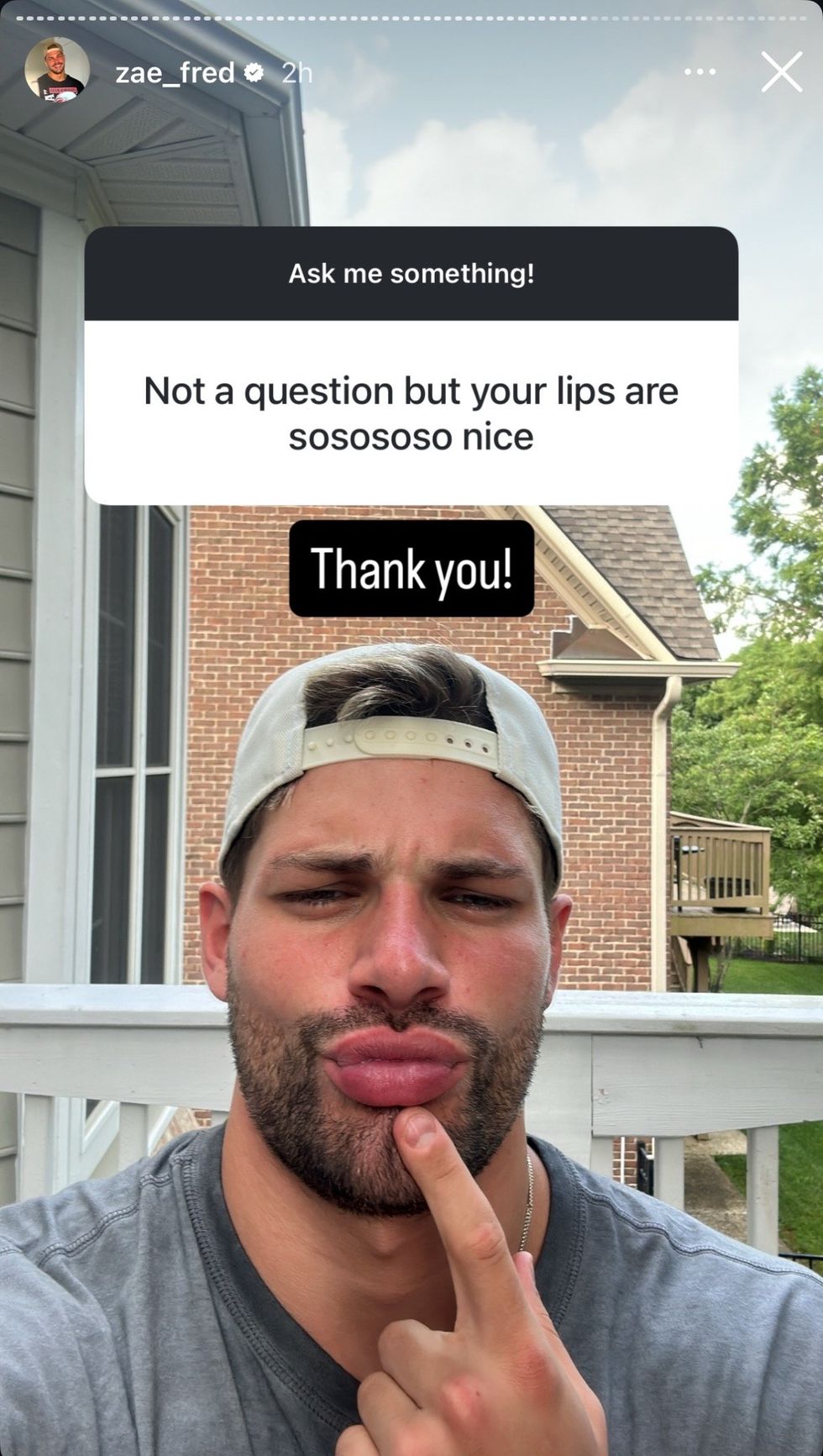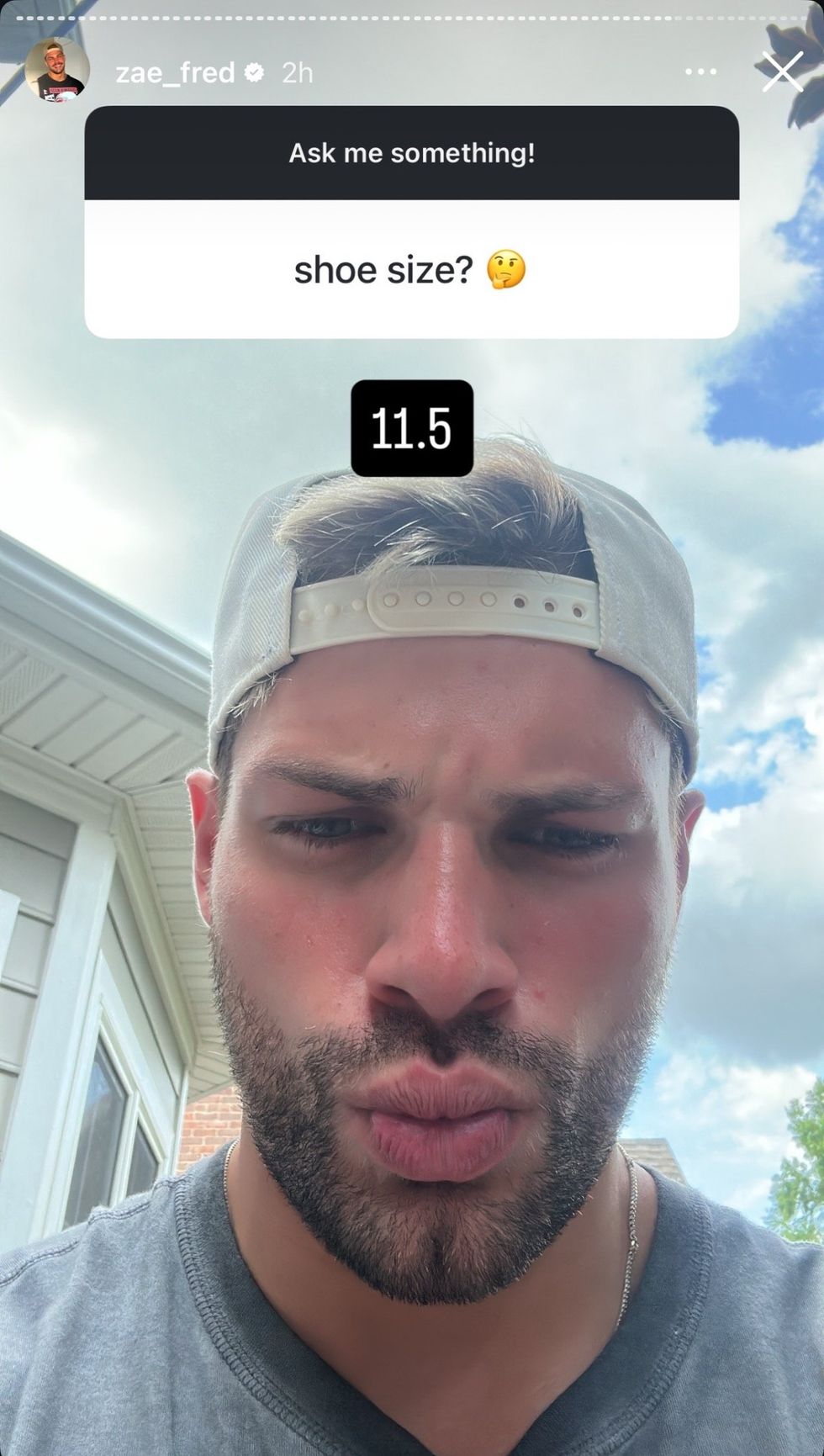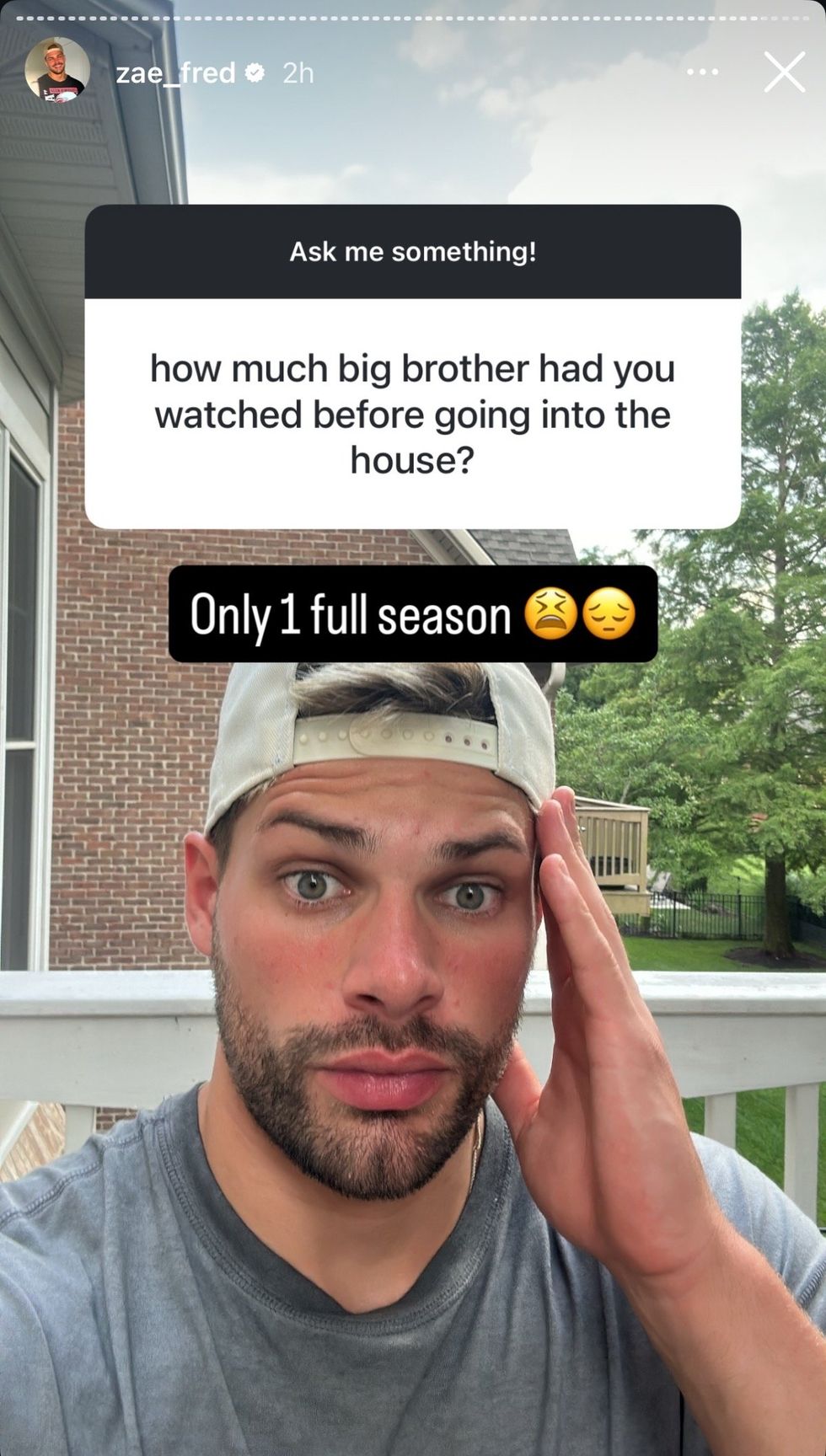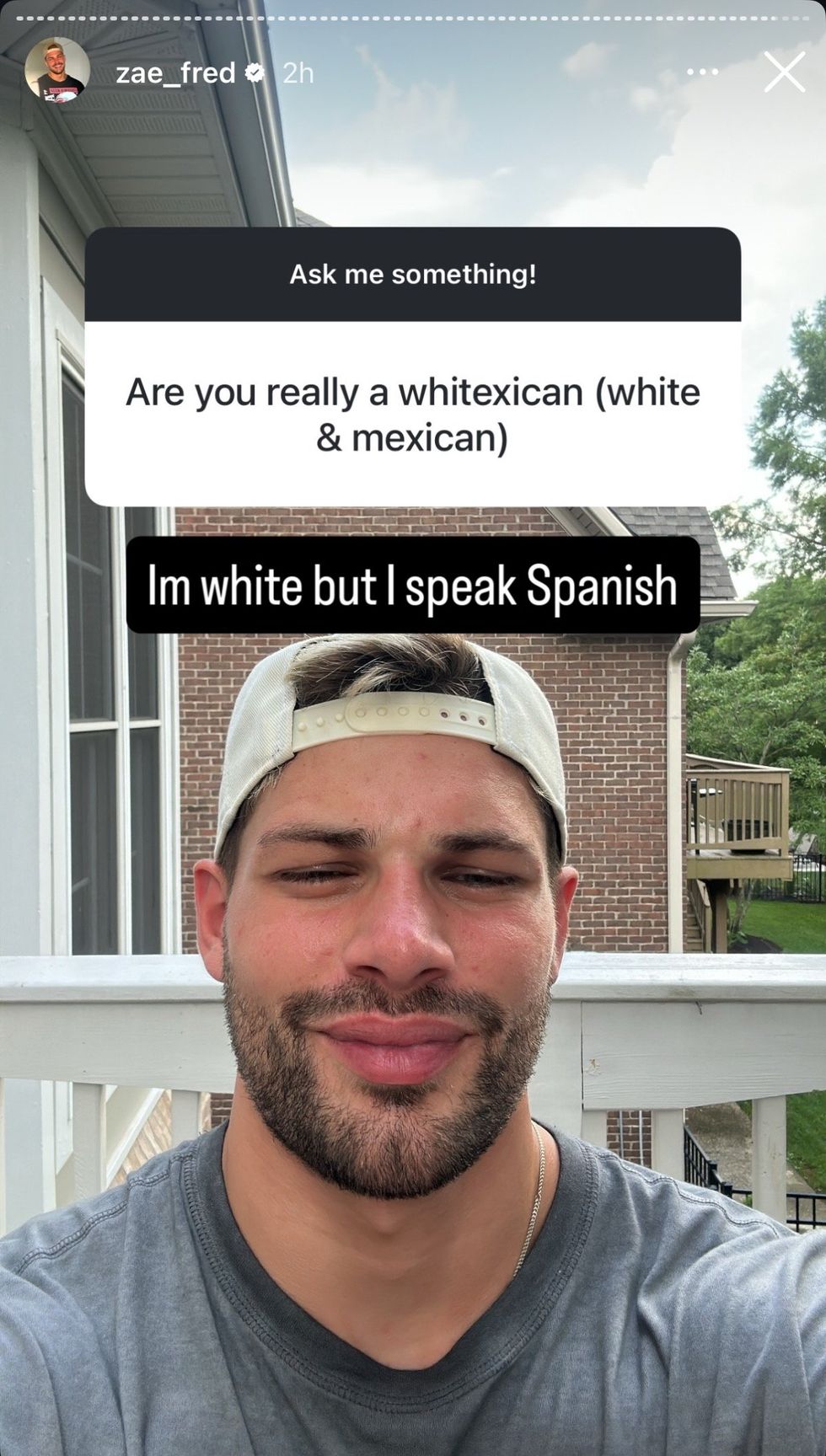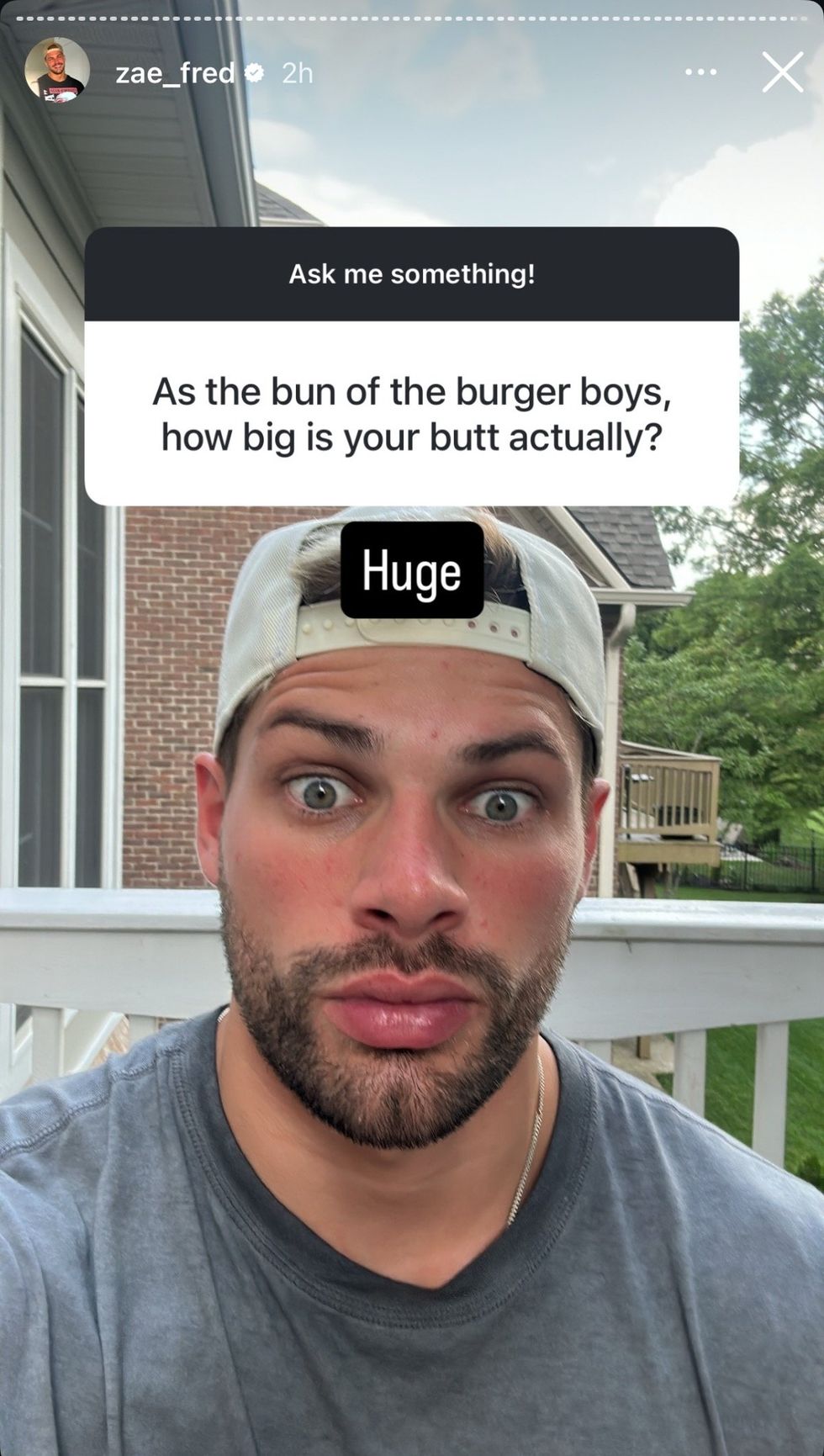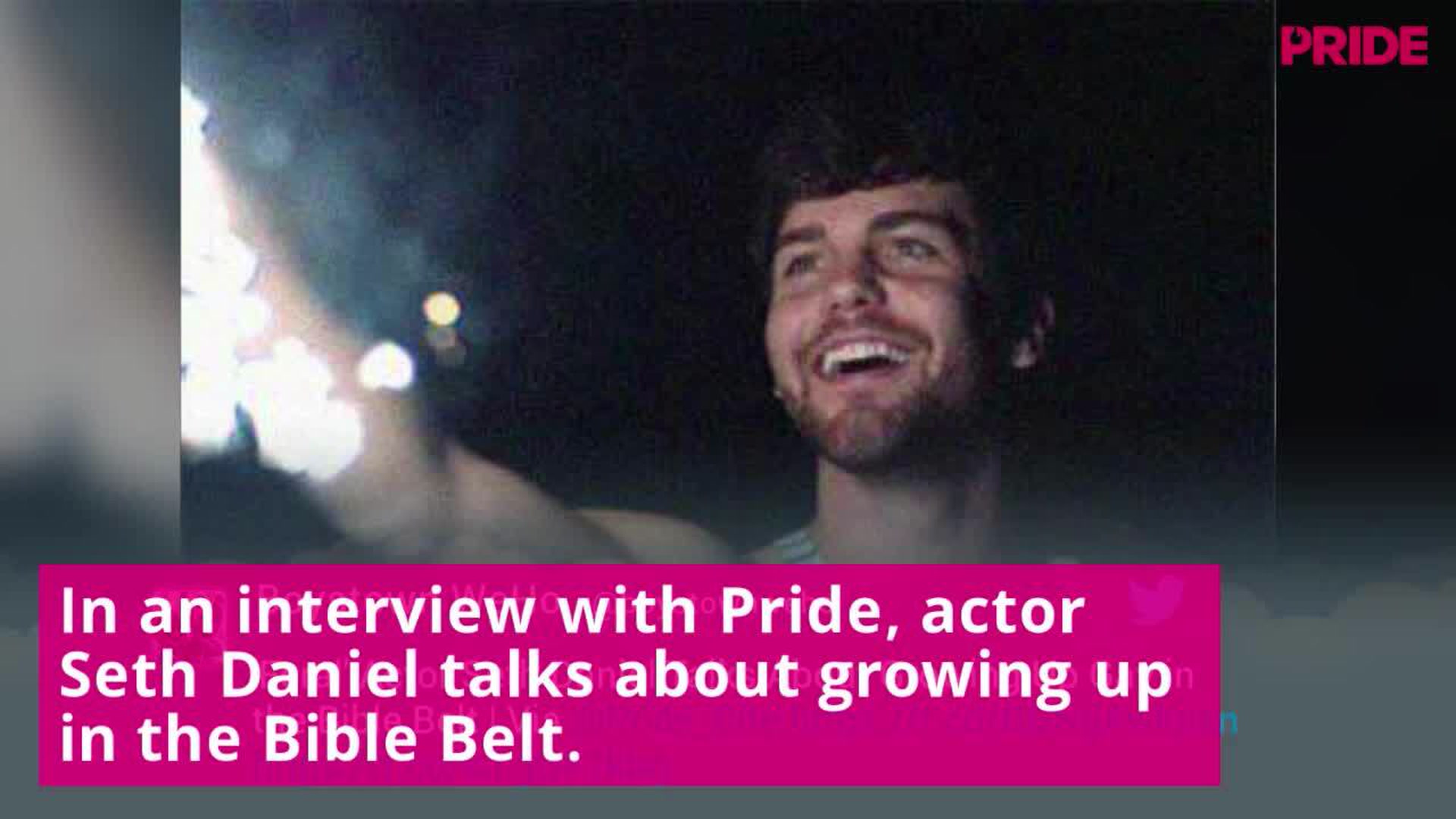
This past October, a new LGBT original series called Feral, written and directed by independent filmmaker Morgan Jon Fox, premiered via digital distribution. The show, which follows a group of tight-knit gay millennials in the arts hub of Memphis, deals with the day-to-day struggles associated with coming of age. While gay youth in major cities encounter their own stream of prejudices and difficulties on the road to self identity, these struggles are vastly different from those growing up in rural areas, particularly the Bible Belt where the standard of queer life is not as pronounced. One of the principal actors of Feral, Seth Daniel, addresses some of these realities related to the show, and gives us a glimpse into his Southern upbringing.
PRIDE: The show is deeply rooted in Memphis, where you grew up. What are your thoughts on growing up gay in the country versus growing up gay in major cities?
Seth Daniel: When I was growing up, there wasn't’t a gay community. I was one of the only gay kids at my school and I remember feeling very different. In the South everything is simple in an age old way, which isn't’t necessarily a bad thing, but it does cause complications when you don’t fit in with the traditional "norm." It’s the country, so there’s a different mentality. Memphis isn't’t a place where you get gay bashed a ton or anything, but unlike LA where there’s a gay district, gay businesses, gay nightclubs and all, we just don’t have a culture here for gay people, so you tend to feel more isolated than most. I find it strange that we don’t see more of this rural, coming of age narrative.
PRIDE: Your character Daniel struggles to find his place, and often fails at being the ideal protagonist type. Can you talk a little bit him?
SD: What I really like about Daniel is that a lot of his issues align with the ones I had at his age. He wants love, happiness, success, but has no idea how to act on these feelings or voice them. I was excited to play somebody who was going through a part of their life where they are affecting the people around them negatively, because they don’t know who they are yet. That’s a very human thing that happens, when we’re not sure of ourselves. I liked Feral because it gave a more realistic representation of my upbringing; representation of what kids have to go through in this country when you’re not from a destination city. The media usually depicts gays as having "champagne problems." Like, “You spilled your drink on me you bitch!” you know? We’re not given real people problems, we’re just catty and sassy, and while entertaining at times, that’s not what it’s like to grow up gay in most of America.
PRIDE: Is it hard to be an out actor in the entertainment industry?
SD: Of course! Especially a part of the industry where you want you want to be heard. I do believe Hollywood is doing better about giving roles to people more suited for them. However, once you’ve gotten a gay role or two, and you’re a gay actor, it’s hard to break the mold. I’m very proud of myself for being an out actor. It’s important to be out and to audition for straight roles so as to change the norm.
Feral was recently nominated for a Queerty Award in the Best Web Series category. The first season is streaming now. Watch the trailer below.




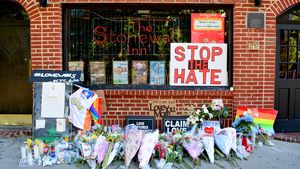

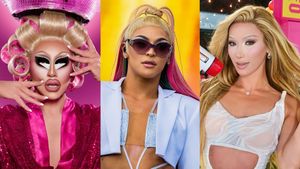




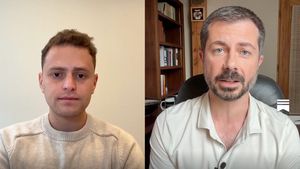



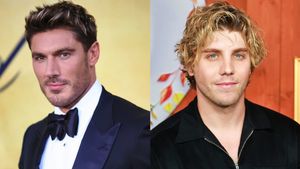
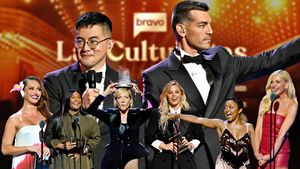



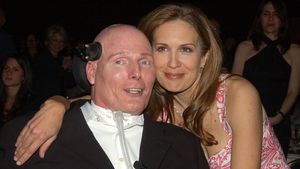




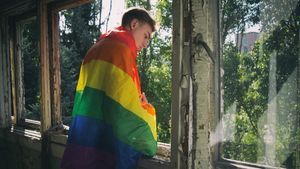

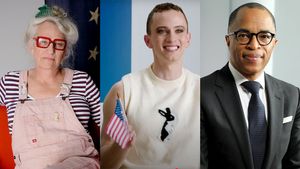
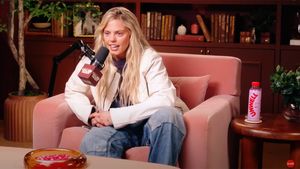

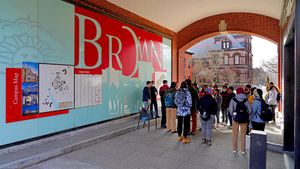




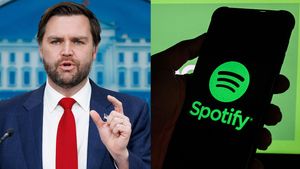

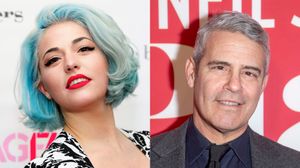
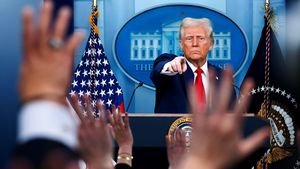

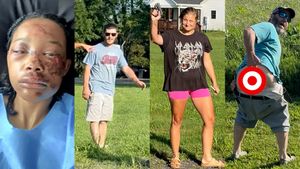
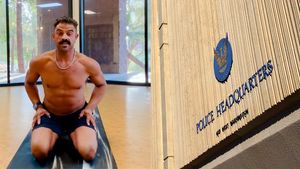
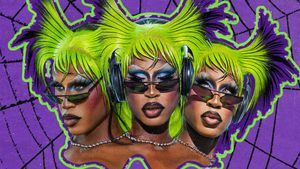
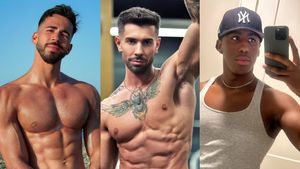






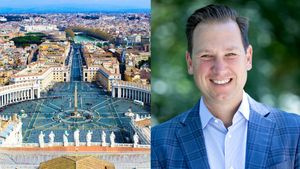







 Anti-LGBTQ+ advocate Bridget Ziegler is a giant HYPOCRITE who had threesomes with womenFOX 13 Tampa Bay
Anti-LGBTQ+ advocate Bridget Ziegler is a giant HYPOCRITE who had threesomes with womenFOX 13 Tampa Bay






